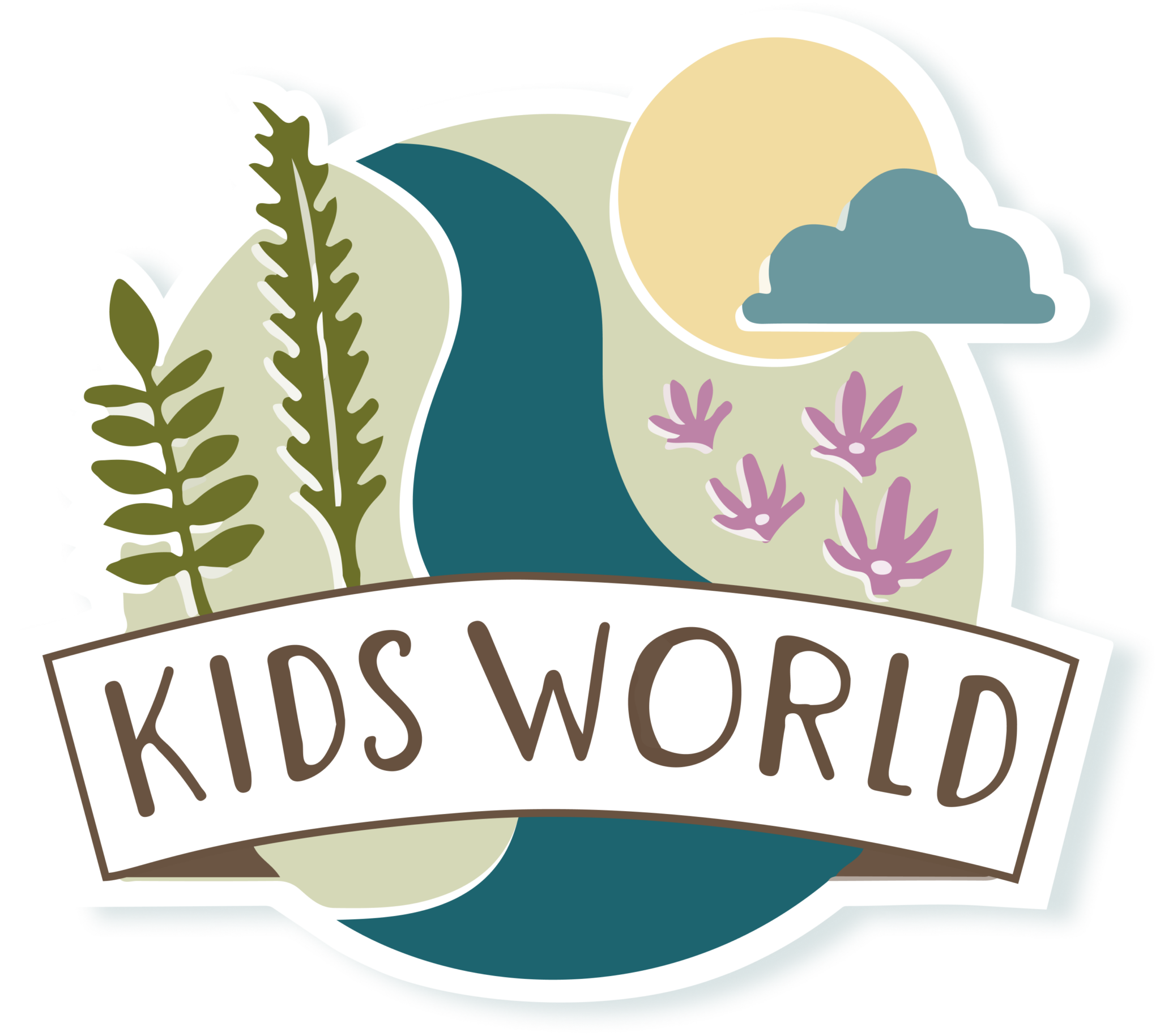Self-control has been defined in many ways–as willpower, self-discipline, or conscientiousness. But however you define it, self-control is about being able to regulate yourself.
Can your child resist distractions? Inhibit impulses? Bounce back from difficult emotions? Delay gratification and plan ahead?
Obviously, a lot depends on the child’s age. Toddlers lack the self-control of older kids. Self-control develops over the years, with some of the biggest changes happening between the ages of 3 and 7.
When asked about school readiness skills, many teachers say children who succeed in kindergarten know when and how to control their impulses. They can follow through when a task is difficult and listen to directions for a few minutes. These skills are linked to self-control. Children can develop self-control skills at preschool and at home. Here are a few ways families can help children learn self-control.
Change the rules of a game to make it an opposite game. For example, instead of playing the familiar version of Simon Says, play Simon Doesn’t Say. Explain the new rule in words and actions: “Do the opposite of what Simon asks you to do. If Simon Says ‘Touch your head,’ you should touch your toes.” Be sure to demonstrate how this works. Keep directions simple. Take turns being Simon.
Finish what you are doing, then respond to requests for attention. For example, if you are on the phone and your child asks for something (and it’s not an emergency), let her know you need to take time to complete your conversation. This is a good way to let your child practice waiting for a short time.
Do activities together that require following directions. For example, put together a model, play follow the leader, or cook or bake: “I’m going to read the recipe aloud. Listen carefully so we will both know what to do. I’ll read them again as we do each step.”
Help children understand how long they will have to wait for something and suggest activities to do while they wait. Say to your child, “Grandma and Grandpa are coming over before dinner. Would you like to draw some pictures to give them?” or “As soon as I put your sister to bed, I will read you some stories. You can choose three books for us to read together.”
Work with your child to complete a puzzle that has a few more pieces than he or she is used to. Set up the puzzle in a place where you can work on it for several days, if needed. Celebrate together when one of you puts the last piece in place.
Plant some easy-to-grow marigold seeds in a pot or in a garden. Check together every day until the plants pop up. Over time, watch the plant grow leaves and flowers.
Children develop self-control and emotional regulation over many years and only after a lot of trial and error. Model self-restraint yourself, be consistent, offer natural and logical consequences, and see mistakes as learning opportunities.
Examples taken from NAEYC for Families


